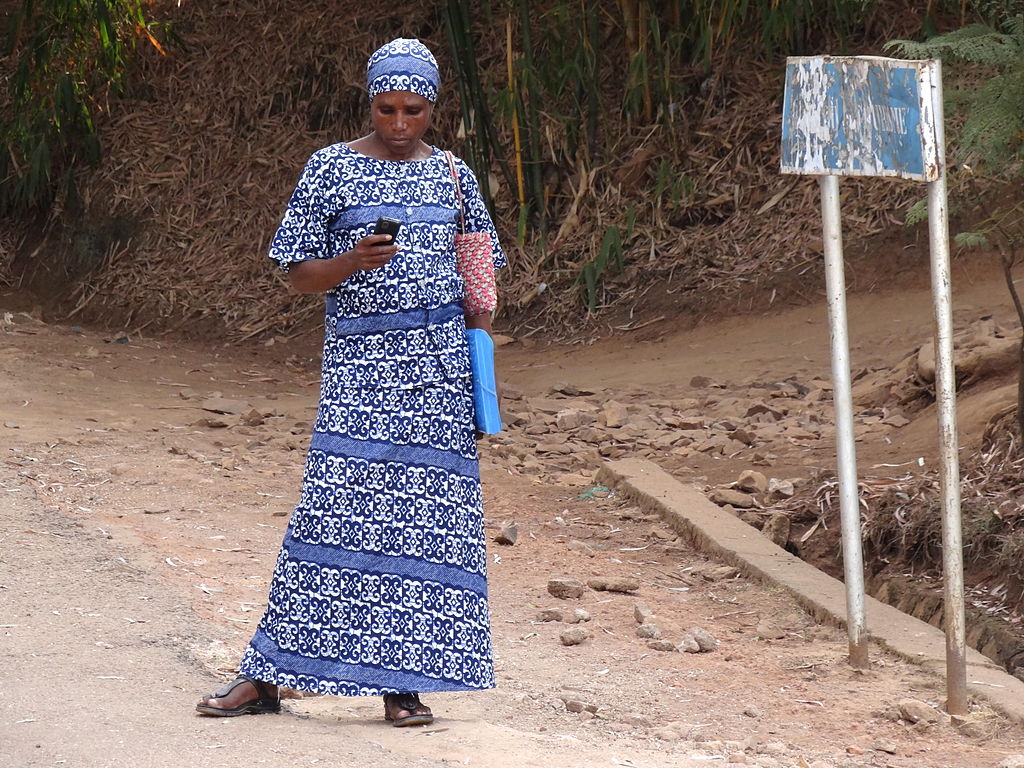
Ramit Debnath is co-author of a paper on a study of the barriers to take-up of green technology in rural Rwanda
The findings from this study will aid policymakers and renewable-based enterprises at the grassroots to shape their policies for catering the current wave of household technology diffusion while reducing the uncertainties from off-grid energy systems.
Ramit Debnath and Olivia Muza
How can rural communities be encouraged to take up green energy solutions? A new study co-authored by Gates Cambridge Scholar Ramit Debnath investigates the social barriers to uptake of household appliances fuelled by green energy.
Based on research on more than 14.5K households in rural communities in Rwanda, the study, published in Renewable Energy, found ICT driven solutions and cleaner cooking fuel switching are vital for an inclusive renewable policy and that women and those from more disadvantaged backgrounds in particular need to be included in any innovative, alternative energy solutions.
Rural off-grid renewable energy solutions often fail due to uncertainties in household energy demand, insufficient community engagement, inappropriate financial models and policy inconsistency.
Social shaping of technology (SST) of household appliances provides a critical lens of understanding the involved socio-technical drivers behind these constraints.
The new study employs an SST lens to investigate appliance uptake drivers in 14,580 households in Rwanda to see how these drivers can aid in policy design for green growth at the grassroots level.
The results showed that appliance uptake was highly gendered and skewed across social categories. ICT-devices like mobile phones and radios were more common than household appliances like refrigerators and laundry machines. Fans and cookers were also more common.
The researchers, Ramit Debnath [2018], who is doing a PhD in Energy Policy at Cambridge University and is a visiting researcher at International Energy Agency (IEA) in France, and Olivia Muza from the African Centre of Excellence in Energy for Sustainable Development at the University of Rwanda, found that disruptive innovation pathways could be derived by leveraging the ICT-driven wave of appliance ownership and through the creation of service sectors through off-grid renewable solutions and promoting cleaner fuel-switching of cooking energy at the household level.
They said: “Developing the future of good energy policymaking through green growth and disruptive innovation at the grassroots level is critical as millions of people will be lifted from extreme poverty within the next decade through the VUP in Rwanda. The findings from this study will aid policymakers and renewable-based enterprises at the grassroots to shape their policies for catering the current wave of household technology diffusion while reducing the uncertainties from off-grid energy systems.”
*Picture credit: Woman with Cellphone – Huye-Butare – Southern Rwanda by Dr Adam Jones, courtesy of Wikimedia commons.












